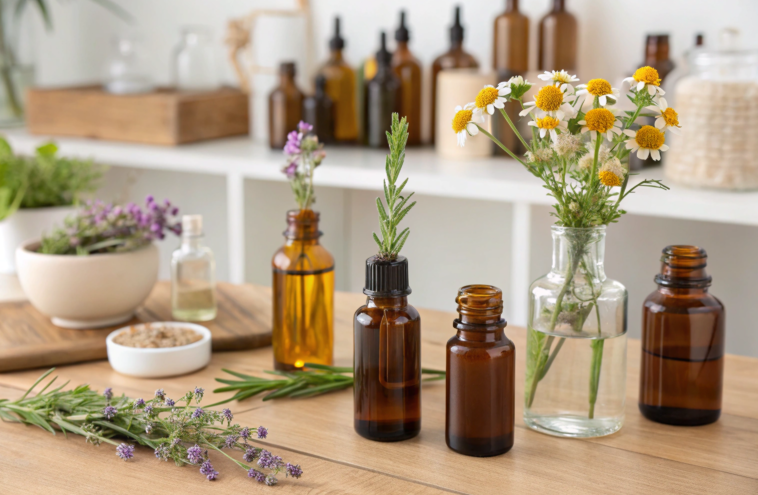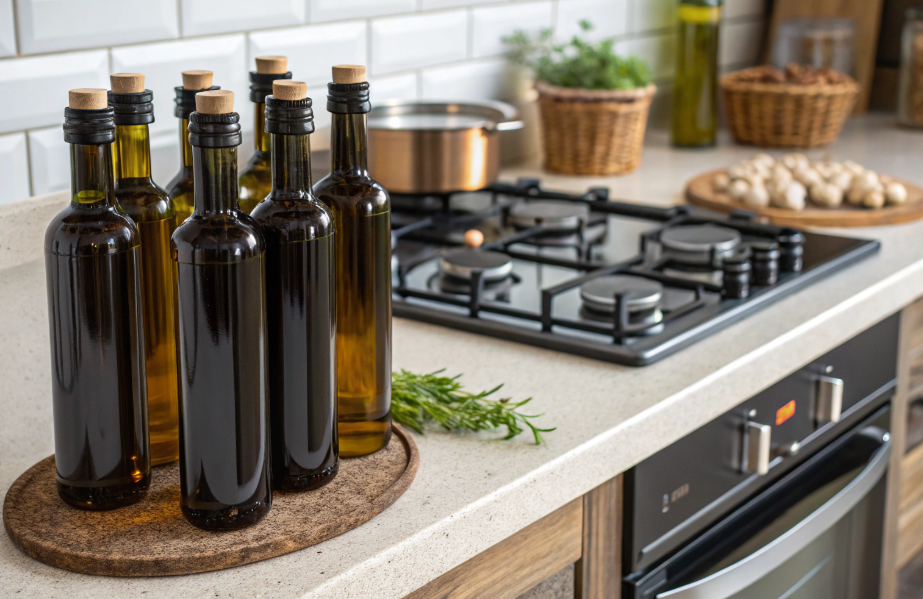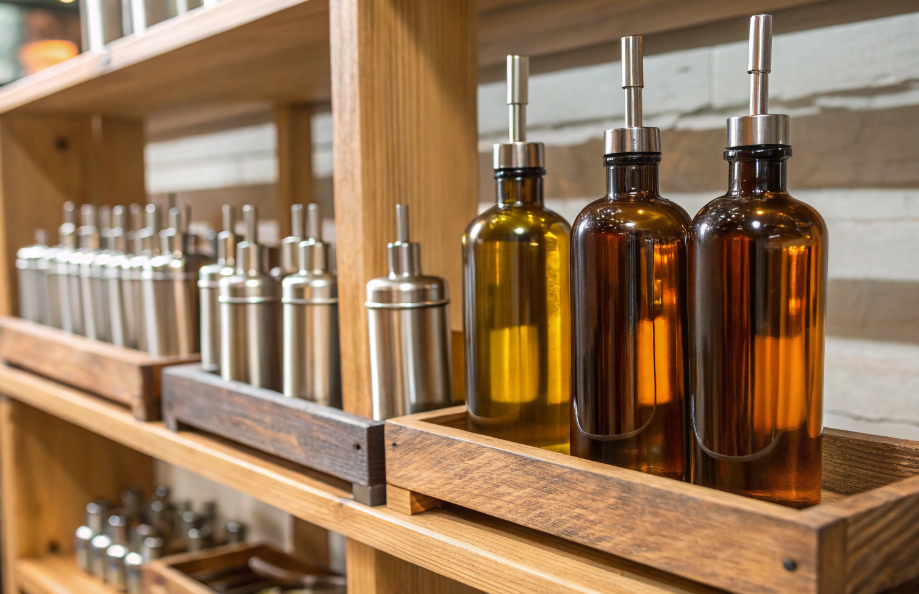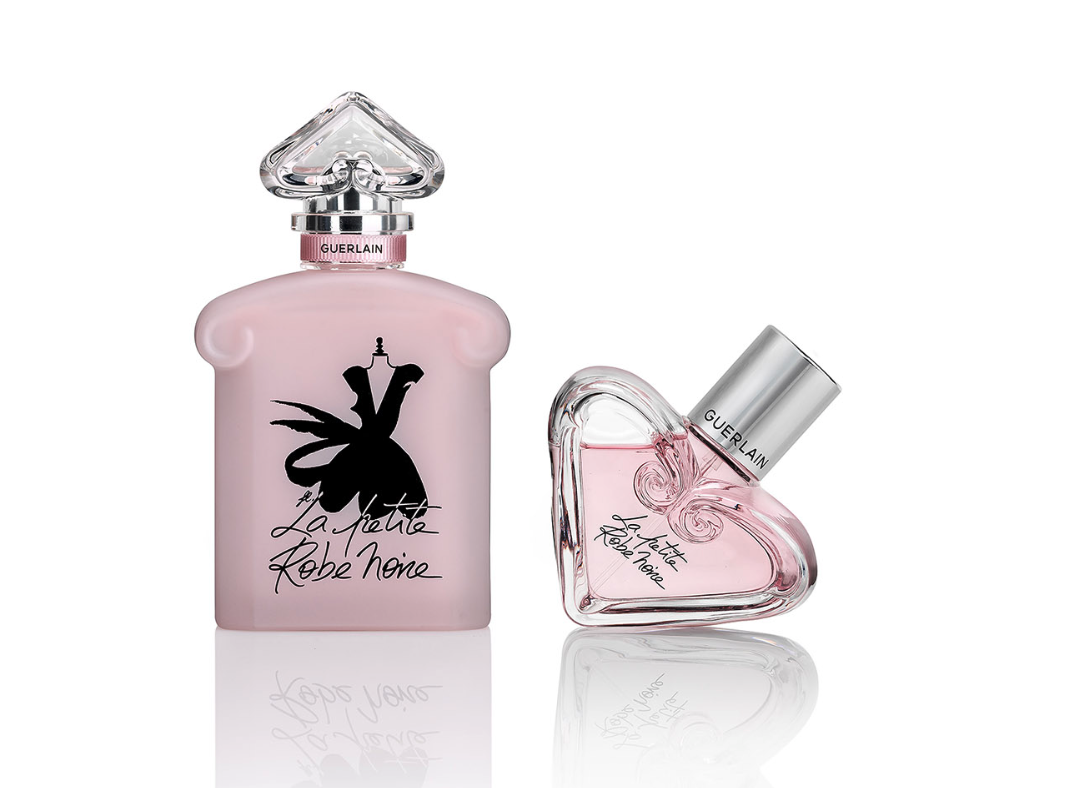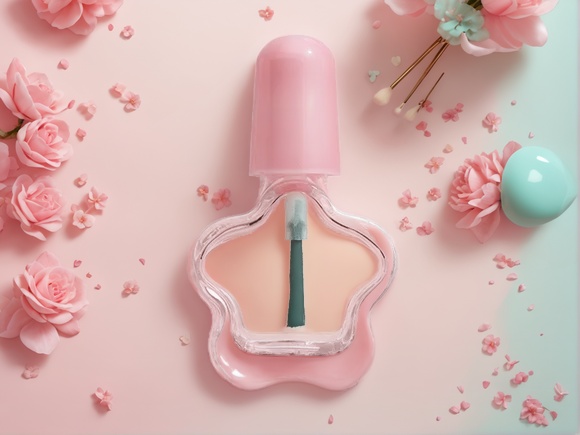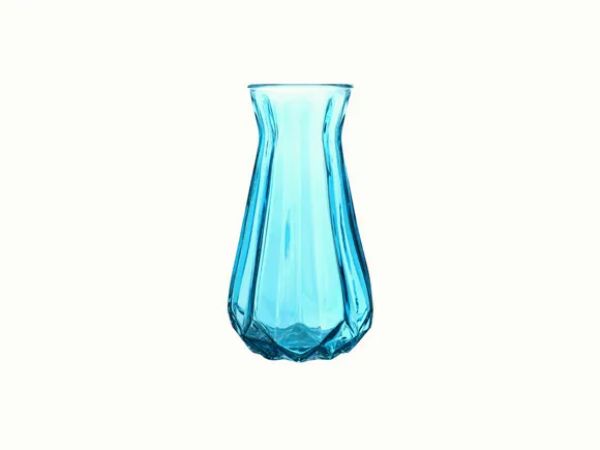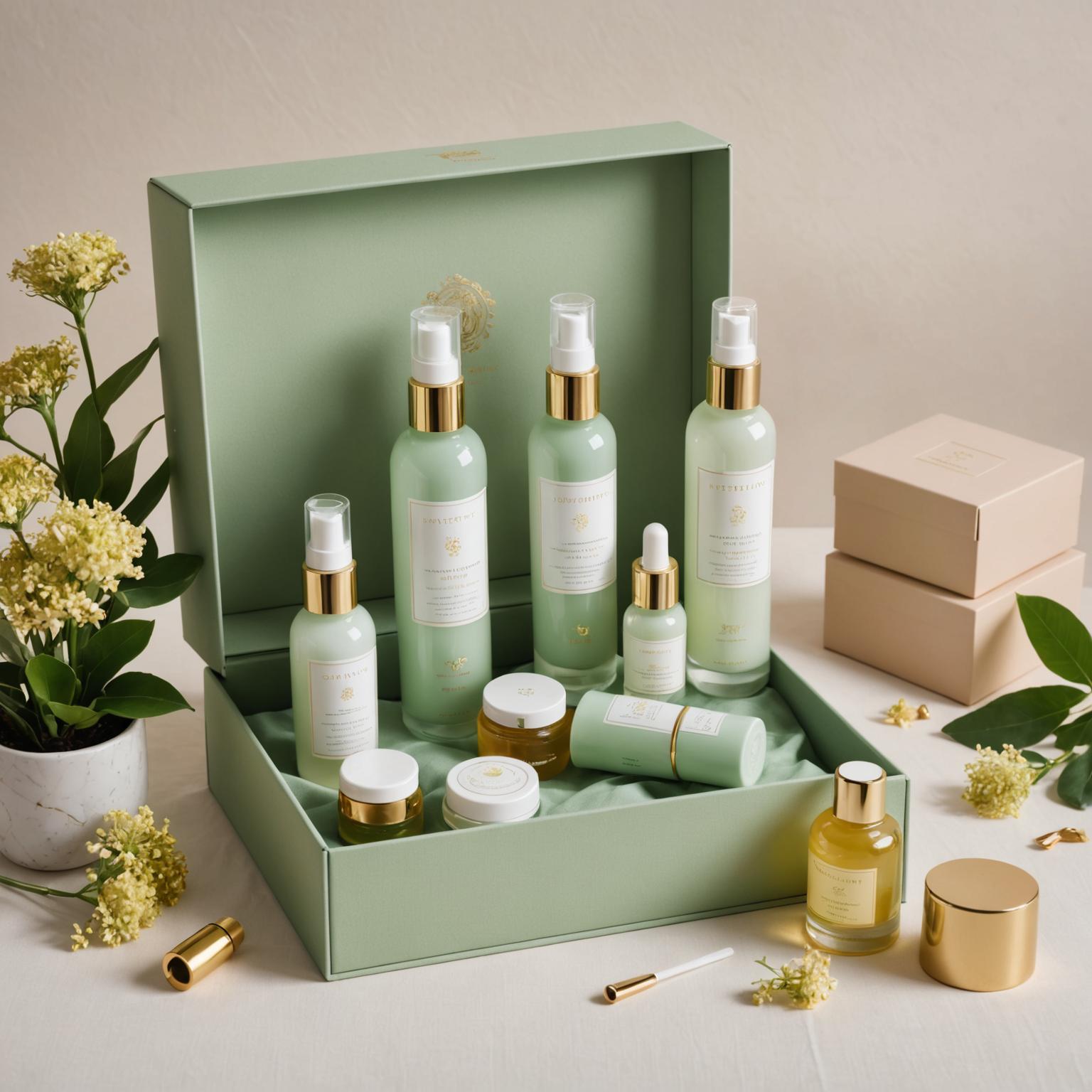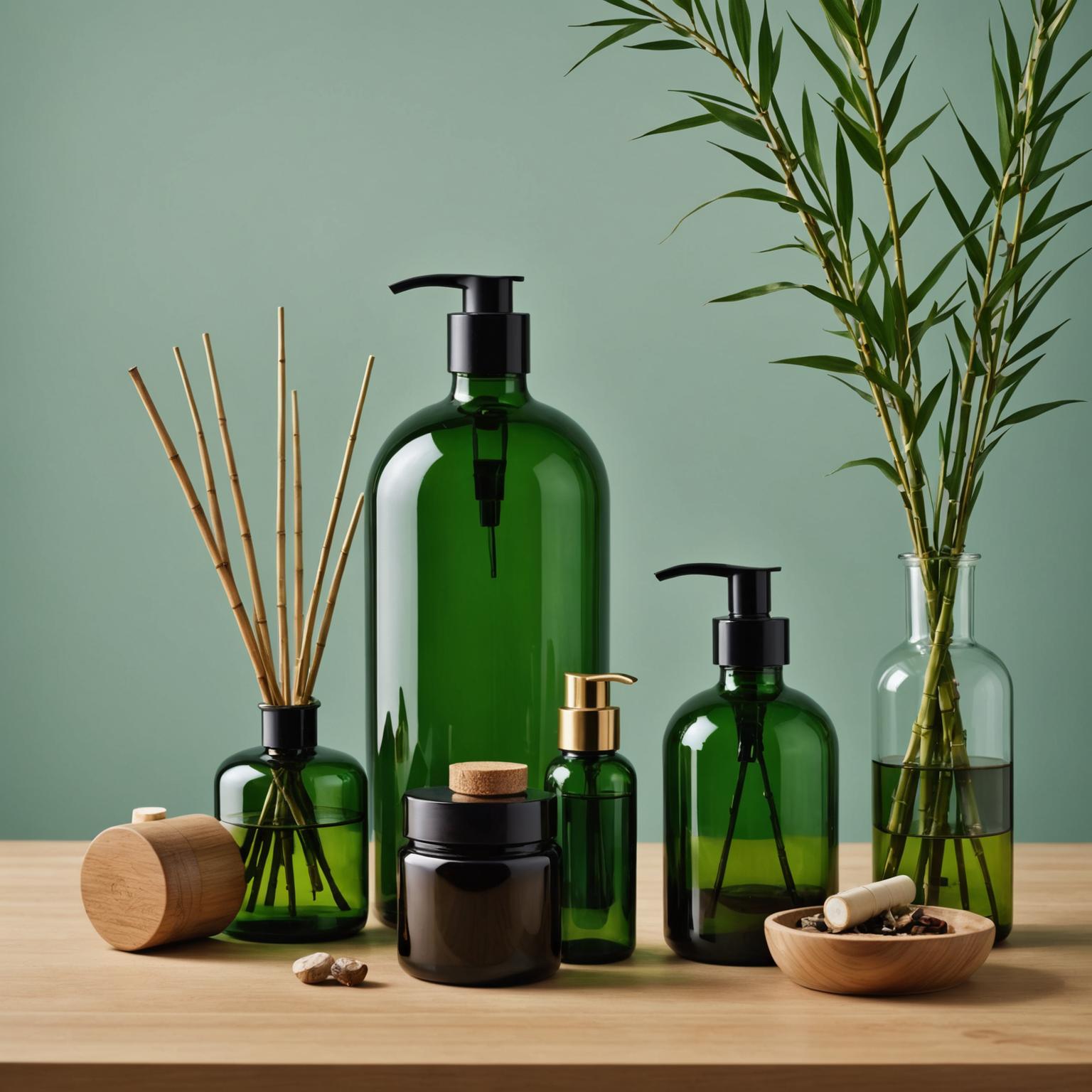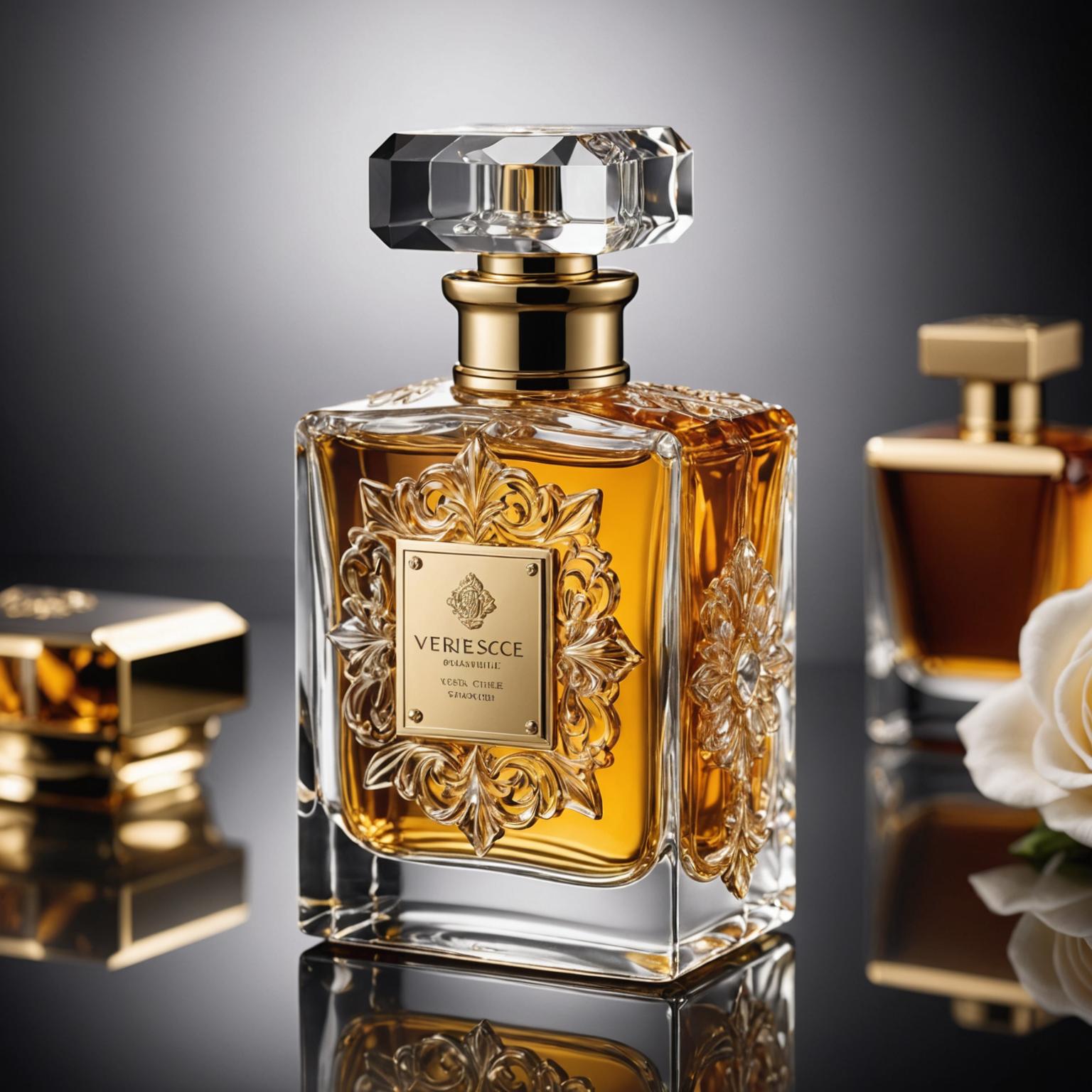Storing oils by the stove is convenient for cooking—but it’s also risky if your bottle isn’t up to the task.
The best bottles for keeping oils near the stove are dark glass or stainless steel containers with airtight, heat-resistant caps—designed to block light and prevent oxidation from kitchen heat exposure.
At PauPack, we help brands design oil packaging that performs under pressure, heat, and light. Whether you're bottling culinary oils or aromatherapy blends, let’s explore what keeps your oils stable and safe near the heat.
What is the best container for storing oil?
Whether it’s olive oil, avocado oil, or infused blends, exposure to heat, air, and light can degrade your product quickly.
The best container for storing oil is a dark glass or stainless steel bottle with a tight-sealing cap—protecting it from oxidation, UV rays, and temperature swings.
Dive Deeper: What to Look for in a Proper Oil Storage Bottle
| Feature | Why It Matters | Recommended Options |
|---|---|---|
| Dark Material | Blocks harmful UV rays | Amber or matte black glass, stainless steel |
| Airtight Closure | Prevents oxygen exposure | Screw caps, pour spouts with silicone seals |
| Chemical Resistance | Avoids leaching | Glass > stainless steel > food-grade HDPE |
| Heat Tolerance | Handles nearby stove heat | Thick-walled glass or insulated metal |
At PauPack, we supply amber glass and aluminum bottles that are perfect for oils stored near heat. Our caps are engineered for tight seals—even after repeated use—keeping oils fresher, longer.
Should olive oil be stored in a plastic bottle?
It’s common to see supermarket oils in plastic, but that doesn’t mean it’s the best long-term solution—especially by the stove.
Olive oil should not be stored in plastic for long periods, especially near heat; plastic can leach chemicals and accelerate oxidation under temperature stress.
Dive Deeper: Why Plastic Falls Short for Olive Oil
Here’s what makes plastic risky:
-
Light exposure: Clear plastic offers no UV protection.
-
Heat sensitivity: Near-stove heat can soften plastic, increasing chemical migration.
-
Poor barrier: Air seeps in more easily than through glass or metal.
Short-term, food-grade PET or HDPE is acceptable—especially for large commercial packaging—but for daily use by the stove, we recommend transferring oils into:
-
Amber glass cruets with controlled pour spouts
-
Stainless steel dispensers with air-tight lids
At PauPack, we offer custom kitchen-safe oil bottles designed with chefs and home cooks in mind—elegant, functional, and food-safe.
Which bottle is best for essential oils?
While cooking oils need thermal protection, essential oils demand chemical stability and light shielding—even more so near kitchen heat.
Essential oils are best stored in amber or cobalt blue glass bottles with tight caps to protect against heat, air, and light exposure.
Dive Deeper: Kitchen-Proofing Your Essential Oils
Keeping oils near the stove? Here’s what to avoid:
-
Open shelving: Direct light and steam accelerate oil degradation.
-
Plastic dropper caps: Heat can loosen seals and degrade components.
-
Clear glass: Without UV protection, your oils lose their punch.
What we recommend:
-
5–30ml amber glass dropper bottles for controlled use and UV protection.
-
PP or aluminum closures that resist heat and chemical interaction.
-
Optional shrink bands for added leak protection.
PauPack’s essential oil packaging line includes heat-tested droppers, rollers, and sprayers, so your formula stays intact even in high-humidity or near-heat conditions.
Should oil be kept in a dark bottle?
The answer is simple: light destroys oil.
Yes, oil should be kept in a dark bottle to protect it from UV rays, which cause oxidation, rancidity, and nutrient loss.
Dive Deeper: Why Darkness Matters
Here’s how light affects different oils:
-
Olive oil: Loses antioxidants like polyphenols under UV.
-
Essential oils: Volatile compounds break down, altering scent and function.
-
Infused oils: Herbs or botanicals degrade faster, making the oil cloudy or off-smelling.
Amber and cobalt blue glass bottles are best for:
-
Culinary oils used frequently near stoves
-
Aromatherapy blends exposed to ambient kitchen light
-
Oil-based skincare mists stored on bathroom counters
PauPack offers UV-blocking packaging in multiple formats, including amber glass with bamboo collars, matte black aluminum, and sustainable bioplastics for brands prioritizing both performance and aesthetics.
Conclusion
To safely store oils near the stove, choose dark glass or metal bottles with airtight, heat-resistant caps. At PauPack, we design packaging that protects your oils from light, heat, and oxidation—so your product stays fresh from shelf to stove.




